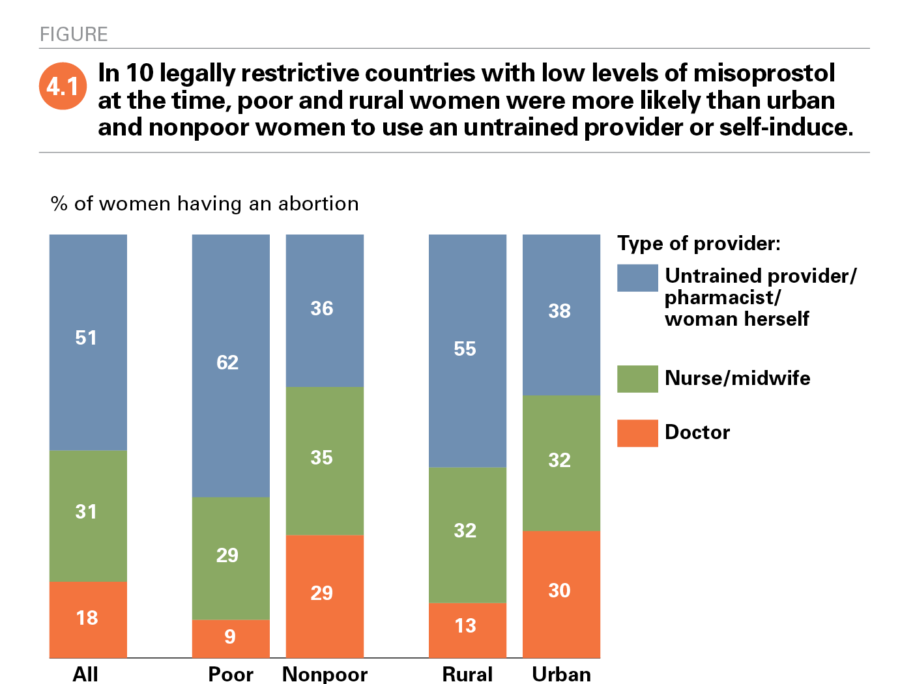Abortion Laws Miss the Mark in Combating Controversy
In light of the anti-abortion law proposed on May 14 by Alabama legislators who voted to almost completely ban abortions, abortion constitutionality is becoming a rising issue. As research from the past decade has proven, anti-abortion laws are unsuccessful in lowering the rates of abortion; rather, these laws have fallen short in recognizing the true problem and implemented policies that infringe on women’s rights.
The right for a woman to have an abortion has already been validated by the 1974 Supreme Court case Roe vs. Wade, which established that the Due Process Clause of the 14th Amendment forbids states from denying anyone the right to “life, liberty or property, without due process of law.” This is one of fourteen cases that have already specified that laws cannot deny a woman’s right to abortion.
However, Alabama is now the seventh state passing restrictions on abortion, threatening rights guaranteed to women by not only the 14th Amendment but also international human rights law.
Currently, three countries (Nicaragua, Dominican Republic and El Salvador) and a few regions in Southeast Asia and Europe completely ban abortions, and 43 countries have a near-total ban on abortions, like recent state laws passed in the United States.
Rather than reducing the number of abortions as designed, these laws have only raised alarming numbers in maternal deaths and illegal abortions. According to research by the World Health Organization in 2017, maternal mortality has tripled in anti-abortion areas, and “the average rate of unsafe abortions are four times higher in countries with more restrictive abortion laws than in countries with less restrictive laws.”
Women living in the United States, especially in the seven states already beginning to place strict regulations, could quite soon be faced with heavy losses, not only with their legal ability to choose what is best for their health and financial status, but also with human right infringements.
Even if the laws passed allow an exception for mother’s health, abortion laws only punish the victims of sexual immorality, rather than punishing the crime. It has been clear from data that countries with complete abortions bans have only increased the number of illegal and unsafe abortions, rather than decrease them as a whole.
“Abortion rates are similar in countries where abortion is highly restricted and where it is broadly legal,” Jenna Jerman, Rachel K. Jones and Tsuyoshi Onda says in a research study in 2014. “The abortion rate is 37 per 1,000 women in countries that prohibit abortion altogether or allow it only to save a woman’s life, and 34 per 1,000 in countries that allow abortion without restriction as to reason.”
If the true purpose of an abortion law is to save the life of the developing baby, why then are countries with anti-abortion laws having about the same number of abortions as any other nation without an anti-abortion law?
While supporters of a ban have often argued that the fate of the baby should not be decided by the mother, these arguments completely neglect the mother’s fate when forced to deliver. In addition, the definition of a baby’s life is still unclear if it is within the first, second or third trimester. So before legislation outlaws abortion, states – and the Supreme Court – need a specific definition on when life exactly begins in the womb.
Religion often plays a huge factor in enforcing anti-abortion laws; however, according to the Guttmacher Institute, 24% of surveyed abortion patients were Catholic, 17% were mainline Protestant, 13% were evangelical Protestant and 8% identified with some other religion. Even mothers, whose faith may contradict abortion, has been shown to make up more than half of abortion patients. Since the United States is supposed to be a secular nation, regardless of faith, abortion is still a right that states must not, and can not take away.
If abortion laws were proven to be effective, that would be a different story, but abortion laws have only failed to address the problem. Instead, they have targeted victims of unwanted pregnancies and therefore are an ineffective way to combat the controversy.
Your donation will support the student journalists of Portola High School. Your contribution will allow us to purchase equipment and cover our annual website hosting costs.

Julia Kim is your 2019-20 Opinion Editor, continuing her fourth - and last - year on the Pilot! Outside of journalism, you can find her at the dance studio,...





Gwynn | Sep 19, 2019 at 10:04 am
Very informative article- lawmakers are failing to address the problem. We need better sex education, not stricter abortion laws.